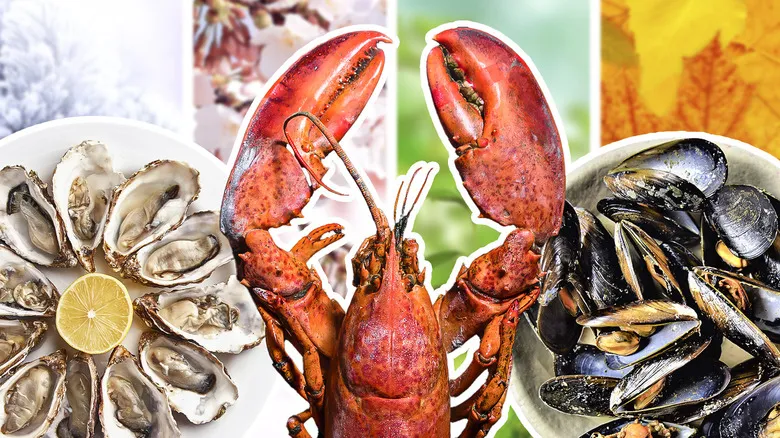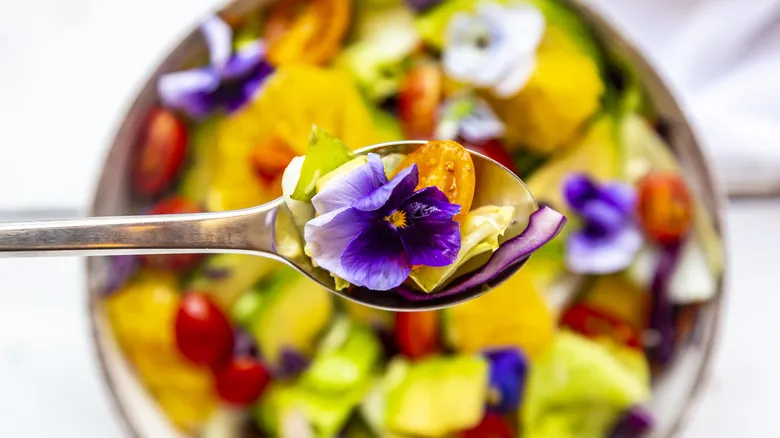The tongue senses fewer flavors at low temperatures

The connection between taste buds and the brain is intricate and remains an area of active study. Foods can have identical ingredients, yet a diner's experience can vary significantly based on the temperature at which they are served. What accounts for this difference? Several theories exist. Some researchers propose that our preference for hot food is rooted in evolution. Cooked food is generally easier to digest, making nutrients like protein more accessible, and it requires less chewing. Early humans who favored hot meals may have had a survival advantage, allowing them to pass on their preference for warm food. Studies also indicate that hot dishes can suppress appetite for a longer duration.
Additionally, hot food releases more aromas into the air, which attracts those nearby and enhances the overall flavor experience. While cold dishes certainly have their merits, it must be acknowledged that they face a neurological disadvantage. In our brains, hot food is synonymous with satisfaction.
Seasoning food with salt is crucial

When preparing cold dishes—such as a bowl of chilled soup, a refreshing noodle salad, or a crisp salad—it's important to keep in mind that the temperature can dull the flavors. Fortunately, addressing this is quite simple. Just increase the seasoning slightly compared to what you would normally use to counterbalance the cooler temperature, and be sure to season throughout the entire cooking process.
Particular attention should be given to salt, as its absence can negatively impact your dish. Research published in Nature highlights the remarkable properties of salt: it can diminish unpleasant bitter flavors while enhancing sweetness. Additionally, salt is vital for our health (as well as that of many animals). Clearly, it is an essential component in cooking, especially for chilled foods. A generous amount of salt guarantees a vibrant flavor profile, bringing out every hint of sweetness, tang, creaminess, and more. In short, if you want your cold dishes to truly shine, don’t forget to add salt.
Recommended

The Best Season To Buy Your Favorite Shellfish

The Everything Guide To Cooking With Thyme

Edible Flowers: The Answer To Making All Of Your Meals A Little More Demure And Mindful

The Clever Hack You Need For Smash Burger-Inspired Tacos
Next up





